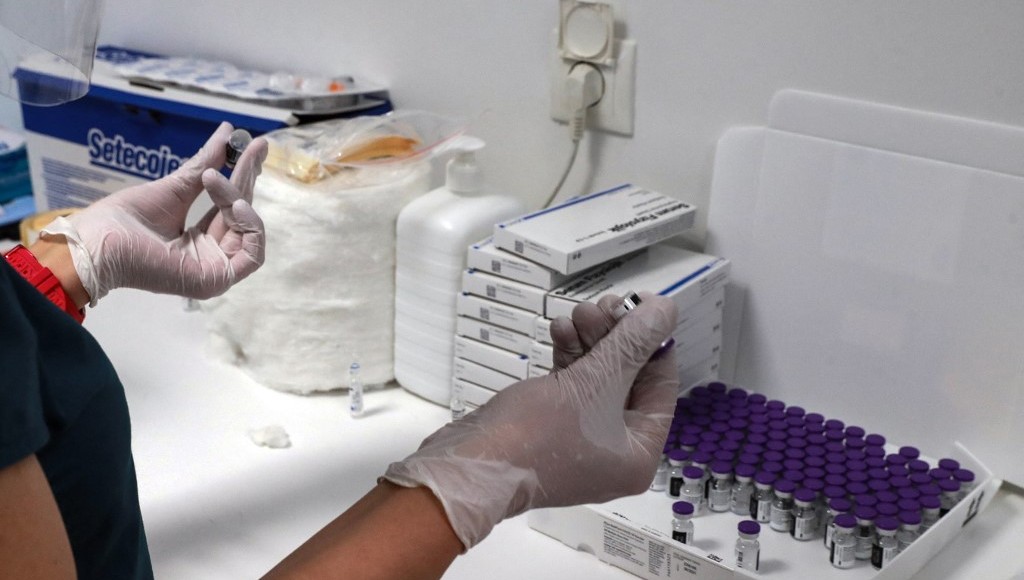A shortage of surgical and medical supplies in Turkey that started a few weeks ago mainly due to the country’s currency crisis has turned into a public health problem, with hospitals lacking items needed for vital surgeries, the Birgün daily reported on Wednesday.
The main reasons for the health crisis worsening by the day is because the Justice and Development Party (AKP) government had failed to pay amounts outstanding to medical supply companies over the past two years and the depreciation of Turkish lira, which has lost half its value since the beginning of 2021, Birgün said.
As of Dec. 6 medical supply companies that hadn’t been paid by the government halted the sale of medical products to state and university hospitals in the country.
Although Health Minister Fahrettin Koca last week met with representatives of medical supply companies and promised they would be paid TL 3 billion ($204.5 million) by Dec. 25, the crisis still hasn’t been solved, according to Birgün, with the shortage of even such common items as gloves and syringes still a problem in many hospitals.
Turkish Medical Association (TTB) second president Associate Professor Ali İhsan Ökten told Birgün that the Health Ministry had failed to resolve the issue, which was turning into a health crisis.
“There are serious problems in orthopedic, neurosurgery and cardiology [departments in hospitals]. Public health is being ignored right now. We can’t do spinal surgeries at the moment because we can’t buy spine stabilization materials. If the crisis isn’t resolved, … vital surgeries will stop and people’s lives will be at risk,” Ökten said.
Speaking to Deutsche Welle Turkish service on Tuesday, Erkin Delikanlı, chairman of the board of the Orthopedic and Spinal Surgery Medical Manufactures, Importers and Exporters Association (ORDER), said the health ministry was wrong to make payments only to some of the firms.
“They thought, ‘Let’s pay some of the companies that suspended their [sales], ones that offer advanced technology, as well as a few global firms, so they won’t leave Turkey.’ What about the rest of them?” Delikanlı said.
“Single use [medical] products are being sterilized [to be used] over and over again,” he added.
On Monday the lira fell by 7 percent to almost 15 to the dollar on concerns over President Recep Tayyip Erdoğan’s risky new economic policy and prospects of another rate cut this week before easing after the central bank intervened for the fourth time in two weeks to prop it up.
The lira slump has been driven by the bank’s 400-basis-point rate cuts since September, aggressive monetary easing carried out under pressure from Erdoğan, who advocates a new economic plan prioritizing growth, credit, production and exports, despite widespread criticism of the policy from economists and opposition politicians.


